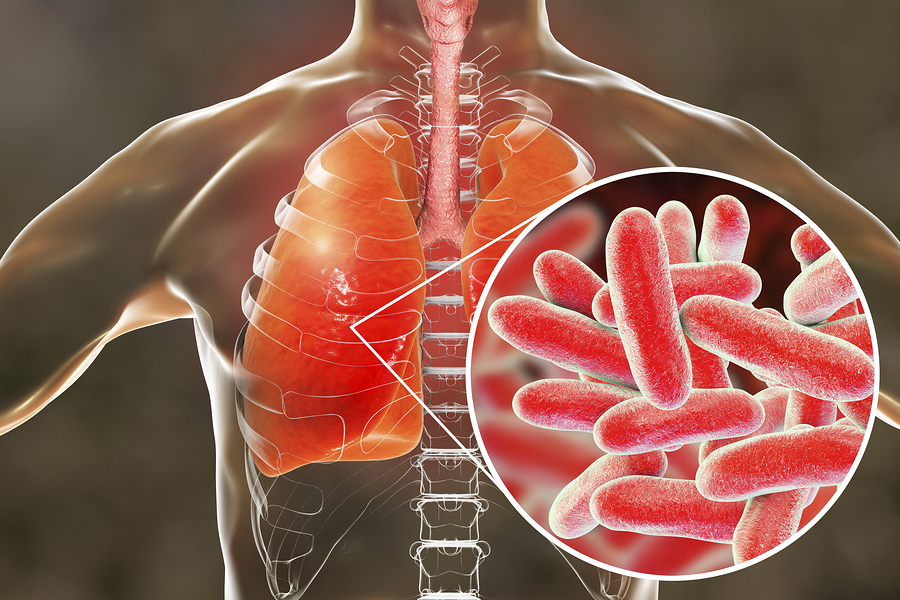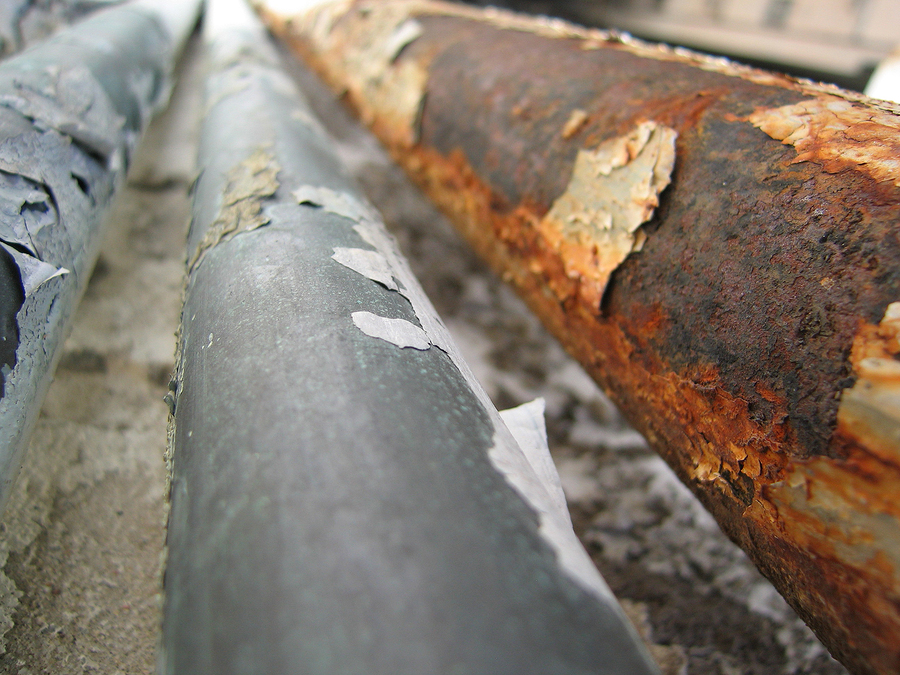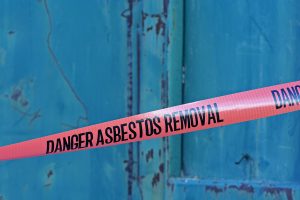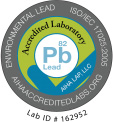
Legionella is a naturally occurring bacteria that exist in freshwater lakes and streams. However, when it comes to human-made water storage units, like a hot/cold heater, this bacteria can spread and turn deadly. Legionella bacteria can lead to Legionnaires’ disease just ten days after exposure. Legionnaires’ disease is an advanced form of pneumonia – and often has disastrous repercussions. To avoid the spread of illness through this water-borne bacteria, water systems should be tested regularly, either with at-home strips or preferably through a laboratory for more accurate results. There’s no vaccine for this disease, and the only way to prevent it is to make sure that owners and managers are maintaining the water systems.
Legionella is a serious public health issue, and the CDC has created a toolkit for property owners to help them make sure tenants and employees do not catch this deadly illness. There are several legal repercussions for owners that refuse to maintain their water systems.






 Suspecting there’s asbestos in your home can cause panic as it is a known harmful substance and a serious concern. We are all exposed to low levels of asbestos at some time during our lives, as it’s been found in the air, water, and soil. Asbestos poses a major threat when regular direct contact occurs. Typically, handling this substance on the job or excessive environmental contact are the biggest risk factors that pose serious health concerns.
Suspecting there’s asbestos in your home can cause panic as it is a known harmful substance and a serious concern. We are all exposed to low levels of asbestos at some time during our lives, as it’s been found in the air, water, and soil. Asbestos poses a major threat when regular direct contact occurs. Typically, handling this substance on the job or excessive environmental contact are the biggest risk factors that pose serious health concerns.







